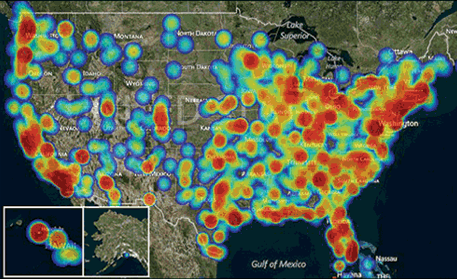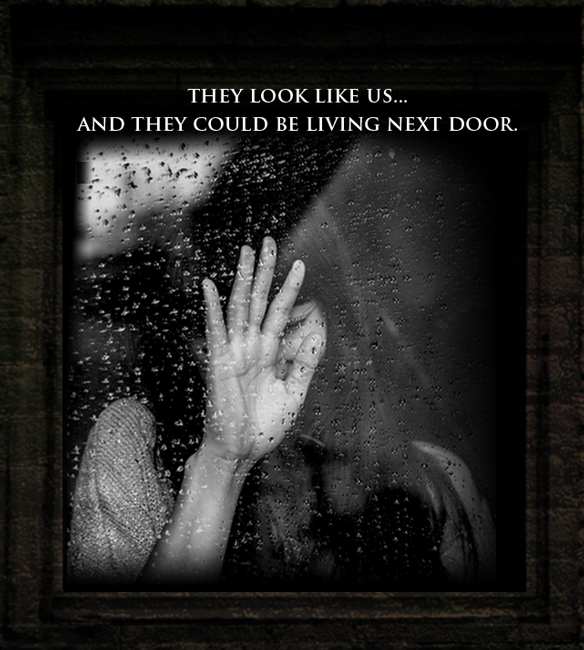Victim Support Call 888.373.7888 or Text HELP to 233733
Report Suspected Trafficking at 866.347.2423
WHAT IS HUMAN TRAFFICKING?
A person who makes money through buying or selling humans for sex, sex exploitation, labor, or organ removal. The trafficker will use promises of a better life, shame, drugs, threats, blackmail, love, or any emotional trick to control and keep a person in slavery.
Sex exploitation occurs when a person is sexually abused or violated in exchange for anything of value such as money, power, or status. Trafficking occurs when a third party such as a pimp profits from the act.
Examples of exploitation are sex for profit, pornography, exotic dancing, making and or distributing nude pictures or videos, and sexting (texting of pictures or videos).
Exploitation (Trafficking in Persons or TIP)
The Program Development / USG, EU and UN defines human trafficking as:
Victims of TIP are always subject to ‘exploitation,’ as one of three constituting components of the Actus Reus[1] of TIP that is achieved through means of control. The means of control according to article 3 (a) of the UN TIP Protocol include “threat or use of force or other forms of coercion, of abduction, of fraud, of deception, of the abuse of power or of a position of vulnerability or of the giving or receiving of payments or benefits to achieve the consent of a person having control over another person.”
“Trafficking In Persons” is a broader term than ‘slavery,’ as most Trafficking In Persons crimes are committed by abusing the victim’s position of vulnerability and not through means of control entitled through ownership.
*NOTICE: Texas Health & Safety Code 241.011 is Human Trafficking Prohibition

Location of potential human trafficking cases reported to the National Human Trafficking Resource Center (2007-2012)
Quick Facts:
- There are more human slaves in the world today than ever in history. Today, a person can be bought as a slave for $90 anywhere in the world but in the U.S. a person is sold for about $7,000.
- Approximately 80% of human trafficking is for sex. The other percentages include labor and organ trafficking.
- Child abuse is a pre-curser to trafficking.
- The average ages for child sex slavery is 11-14. Tragically children as young as age 2 are exploited. On any given night, 200 children are for sale in Dallas, Texas.
- Women and girls most significantly represent the slave population but men and boys are victims too.
- Trafficking occurs in the city, suburban areas, small towns, and in the country. There are no boundaries.
- The homeless and poverty stricken people are easy targets for the trafficker / predator.
- The average life span of a person in trafficking is 7 years due to the abuse, disease, torture, and neglect.
- Pornography fuels human trafficking.
- Victims struggle to self-identify and seek help. It’s difficult for a victim to leave their abuser.
Protect Yourself & Your Child:
- Human trafficking preys on vulnerability and their victim making poor decisions.
- Traffickers create a false sense of trust. IF it sounds too good to be true, IT IS!
- All of us are at risk when we become vulnerable. Insecurities, arguments, trauma, isolation, break ups are life events that create vulnerability.
- Traffickers look for the vulnerable in malls, fast food places, supercenters, parks, schools, public transportation, kid hang outs, social media sites.
- Traffickers use social media apps to locate, befriend, groom, lure people and sell their victims.
- A sense of security and safety is key when dealing with vulnerability.
- NOTHING is as important to your child’s safety than open dialogue with you.
- Protect your child by viewing their apps and emails by using their login information. Do this randomly and often.
- Login to the admin account of your home network and turn on logging of all device connections. Your child may have a device you don’t know about or a neighbor’s. The device will show up on your router’s log. Collaborate with your neighbors and help keep each other safe.
- Devices like iPOD Touch are more dangerous than a smartphone because they allow texting, calling, etc.. BUT can’t be located by law enforcement in an emergency.
- Buy iPhone. Android devices are open for apps designed for illicit activity due to fewer restrictions on app design and integrity.
- Ensure someone knows your phone screen lock code. NO ONE, including law enforcement will be able to unlock the phone to find critical information about you or your child’s activities and whereabouts in an emergency.
- DO NOT take away a phone as punishment. It may be the only way to find your child or for them to reach out in an emergency.
- IF your loved one goes missing, ensure any of their devices remain charged and do not get turned off. It is not unusual to leave social media accounts open. Keeping the devices on and charged helps authorities have access to those social accounts.
- Don’t under estimate when there’s a will there’s a way. $20 will buy a phone or device.
There’s Hope
More and more people are becoming aware of human trafficking around the world, and powerful organizations have been on the streets for years making a difference in the war on predators and restoration to the rescued. These organizations are allies that Resurrect Life is privileged to partner with. They provide various educational settings for you to become more informed and empowered. You know the old saying, “It takes a village to raise a child”… We think anti-human trafficking organizations can be thought of the same way. We are a village rising up together to put an end to human trafficking once and for all.
U.S. National
Trafficking Hotline
888.373.7888
To Report Suspected Trafficking
Call 866-347-2423
References:
According to article 3 (a) of the United Nations Protocol to Prevent, Suppress and Punish Trafficking in Persons, especially Women and Children (UN TIP Protocol), ‘slavery’ is one form of exploitation that also includes “prostitution of others or other forms of sexual exploitation, forced labor or services, […] or practices similar to slavery, servitude or the removal of organs.”
Therefore, slavery is not the same as TIP; else the other aforementioned forms of exploitation will be synonymous with the term ‘slavery’, which is impossible in a case like ‘the removal of organs.’
Although both terms are used interchangeably; however, two fundamental factors differentiate them.
[1] Actus Reus is the physical act/s of the crime as opposed to mena rea, which is the intent.
[2] United Nations Economic and Social Council, Slavery, the Slave Trade, and other forms of Servitude (Report of the Secretary-General). 1953. “UN Doc. E/2357, 27.” 27.

